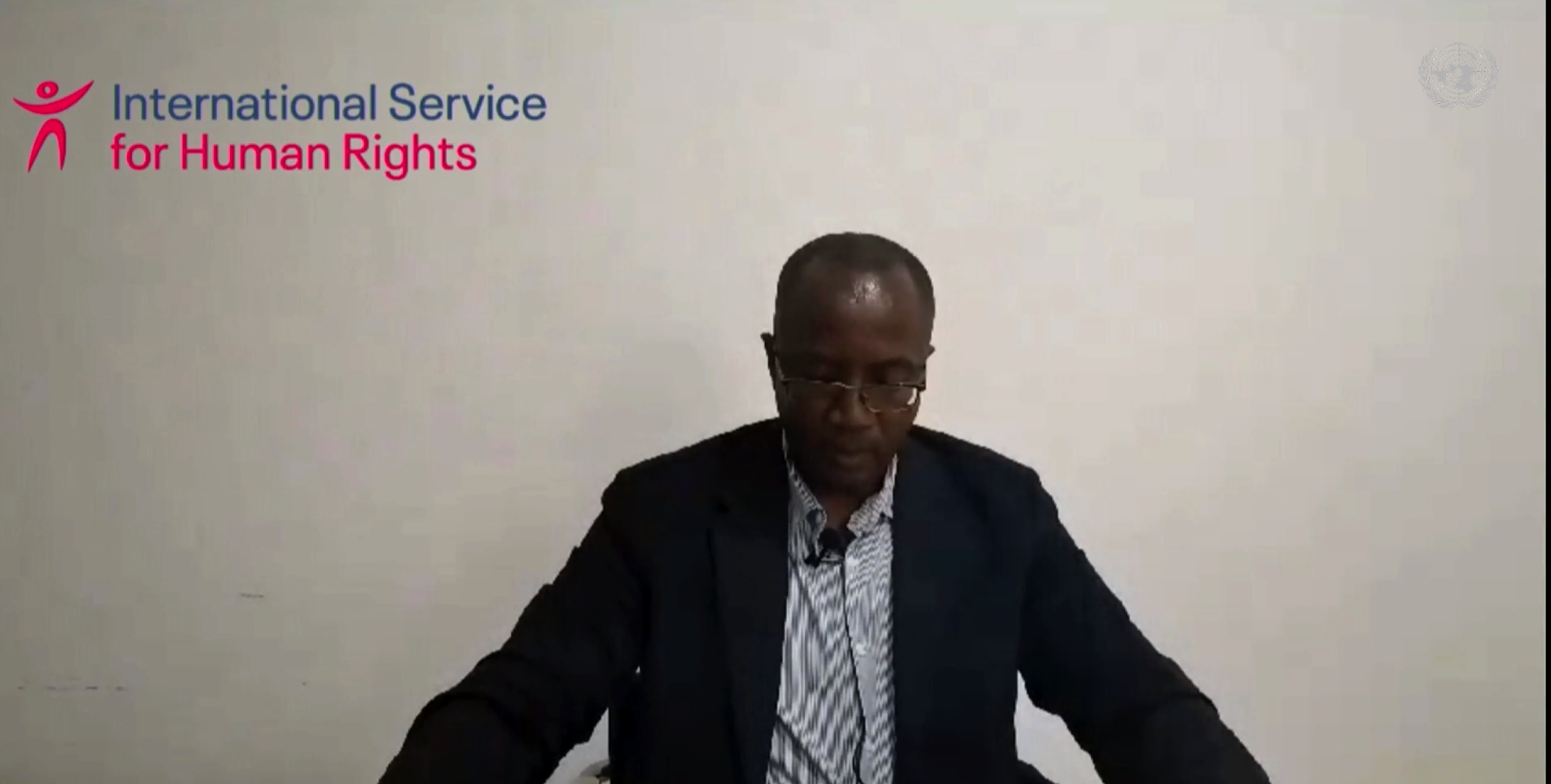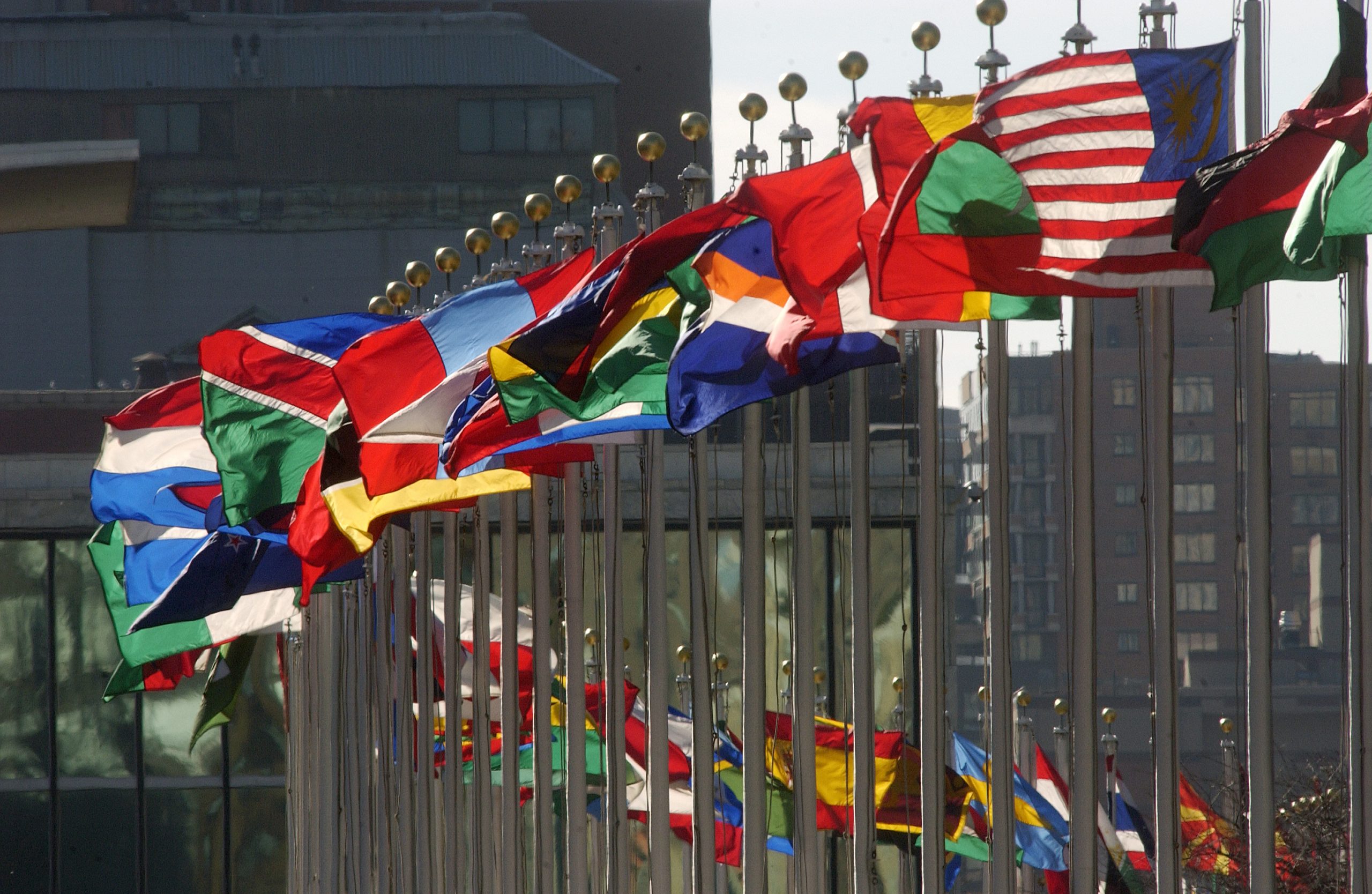(Geneva – 18 March 2013) – The UN’s peak human rights body must unequivocally clarify that under no circumstances can human rights be restricted to protect so-called ‘traditional values’, the International Service for Human Rights said today.
‘Traditional values often impose patriarchal, mono-cultural norms that discriminate against minority and marginalised individuals, be they indigenous people, persons with a disability, individuals with a non-conforming gender identity, or religious minorities’, said Heather Collister of ISHR.
‘The Human Rights Council’s own expert advisory body has clearly set out that States have a responsibility to take sustained and systematic action to eliminate stereotypes and negative, harmful and discriminatory practices justified by traditional values’, Ms Collister said.
According to Ms Collister, the traditional values agenda represents one of the biggest threats to the implementation of universal human rights standards today.
‘The traditional values agenda is often promoted as one of inclusivity – it is far from being so. Instead traditional values are used by those who want to maintain the status quo at the expense of marginalised and disenfranchised groups’, Ms Collister said.
The traditional values agenda has been gaining increased traction at the Council and elsewhere. The Commission on the Status of Women has just ended in New York with difficult negotiations towards the adoption of an outcome document, including attempts by the Holy See, Iran, and Russia to remove language asserting that religion, custom, and tradition cannot be used as an excuse by governments to avoid their human rights obligations.
Meanwhile at the Council, Egypt together with cosponsors including the Russian Federation, last week tabled a resolution on ‘the protection of the family’, a clear attempt to promote one ‘traditional’ form of the family over others. Latin American and Western States emphasised that any resolution on the family must take account of the varied forms that family can take.
Ms Collister said, ‘The Human Rights Council, as the world’s peak human rights body, has a responsibility to ensure that it does not promote an agenda that further marginalises and harms vulnerable groups. The Council must take a strong stand for the universality of human rights and make clear that the notion of ‘traditional values’ has no place within the universal human rights framework.’
ISHR’s statement to the United Nations Human Rights Council is available here
Contact: Heather Collister +41 79 920 3805 • [email protected]



